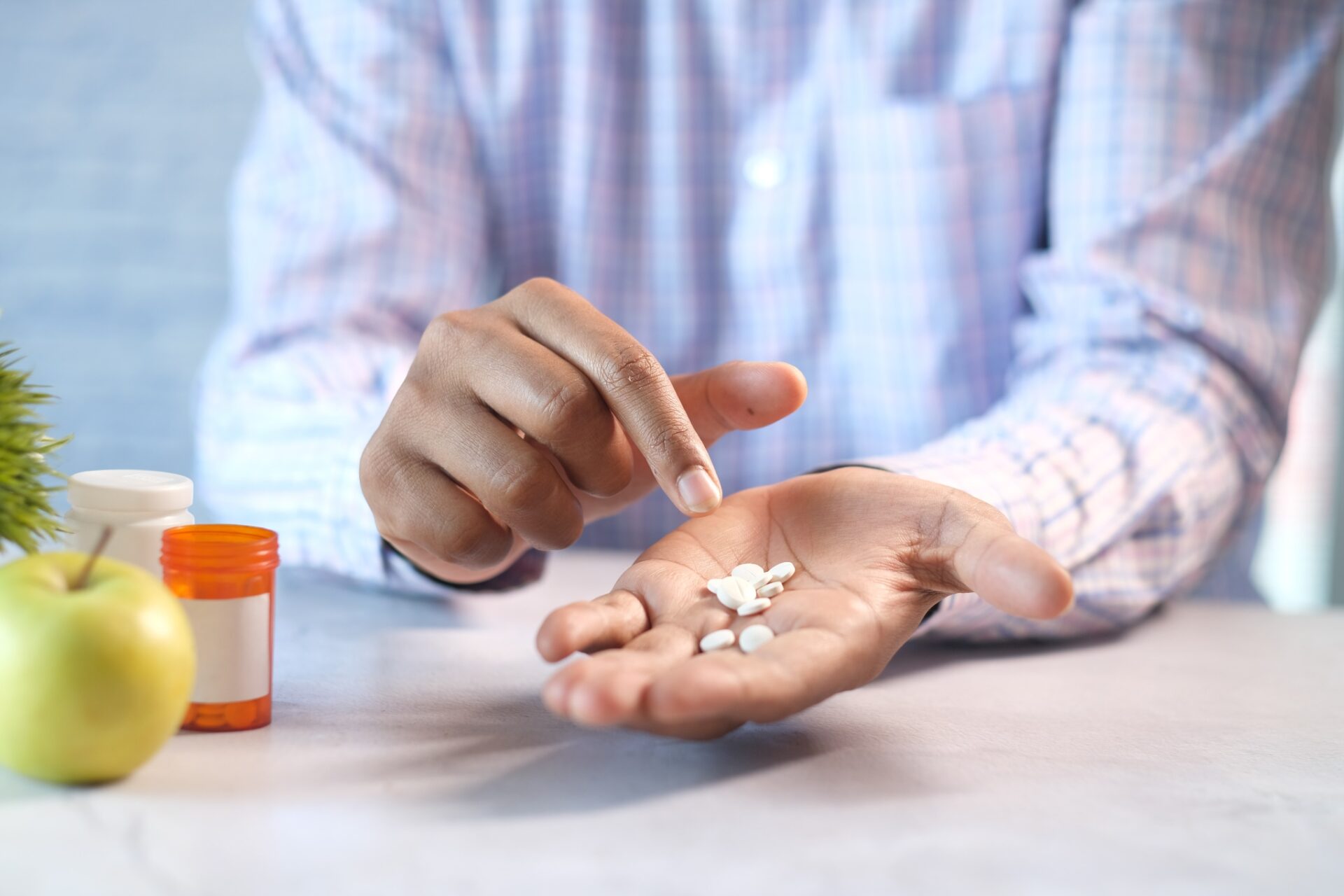Tag: Medication
-

Which Allergy Medication is Best for You? Making it Through Allergy Season With the Right Medication
Whether you experience allergies seasonally or year-round, you know that allergy symptoms can be debilitating. Many people use allergy medication to help treat their symptoms, but with dozens of options, how do you know which one is right for you? Over-the-counter and prescription allergy medications come in many different forms, like pills, liquids, nasal sprays,…
-
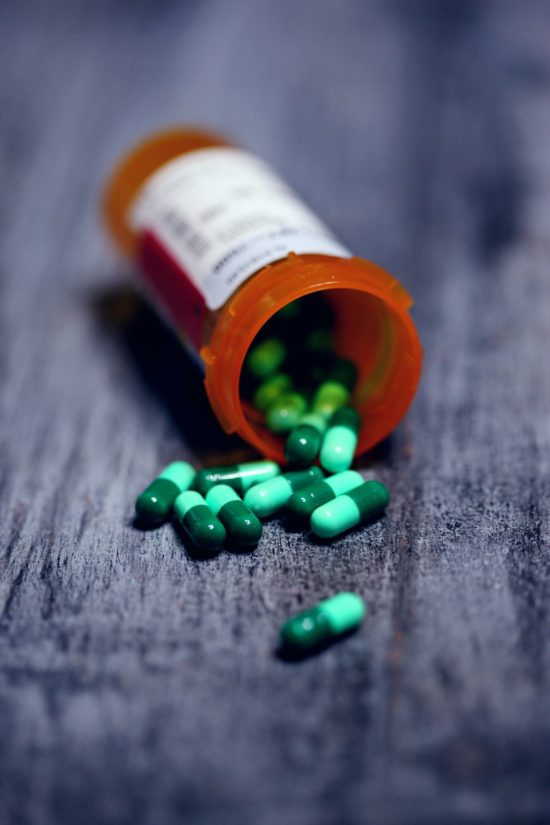
What to Do if Your Pharmacy is Out of Your Medication
Most patients assume that their pharmacy always has their medication in stock. While this is usually true, it can come as a surprise when a patient goes to fill a prescription, and the pharmacist informs them that their medication isn’t currently available. Your pharmacy may not have the medication to fill your prescription because: They…
-
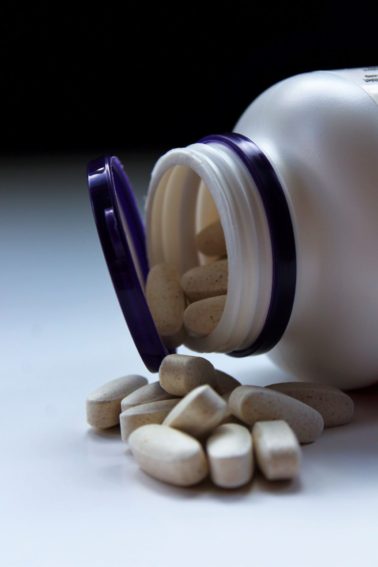
Tips for Taking Your Medications and Why it’s Important to Adhere to Your Medication Regimen
When patients don’t take their medications as directed, they miss out on the benefits of these medications and put themselves at risk of their condition worsening. Taking medications as directed by your physician, also called patient adherence, is important for controlling the symptoms of chronic conditions and maintaining long-term health. There are many reasons why…
-
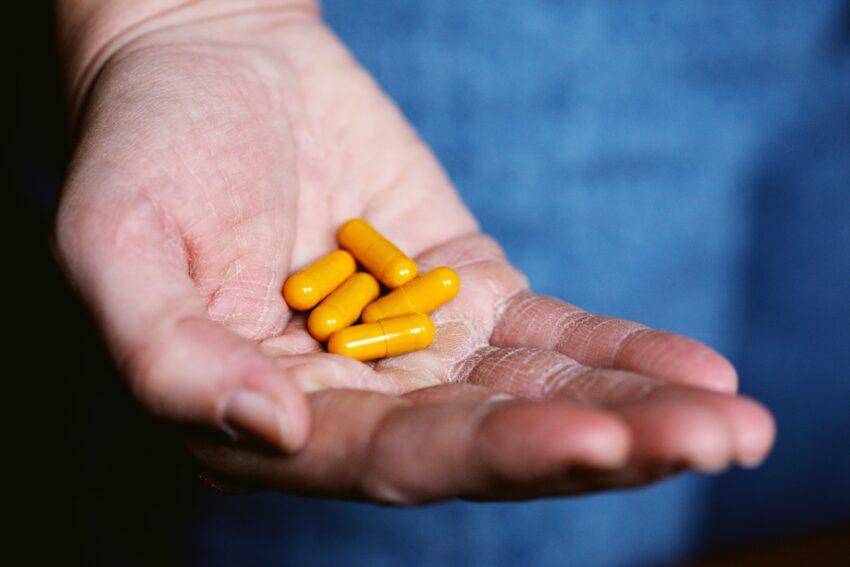
Why Do I Have to Inject My Medication? And Why Medications Come in Different Forms Like Tablets, Liquids, Ointments, and Injectables
Prescription medications come in all different forms: pills, syrups, nasal sprays, creams, inhalants, injections, and more. Prescription Injectable medications are liquid drugs that are injected into the body using a needle and a syringe. These types of mediations can provoke feelings of intimidation and nervousness in patients who may wonder, “Why can’t I take my…
-
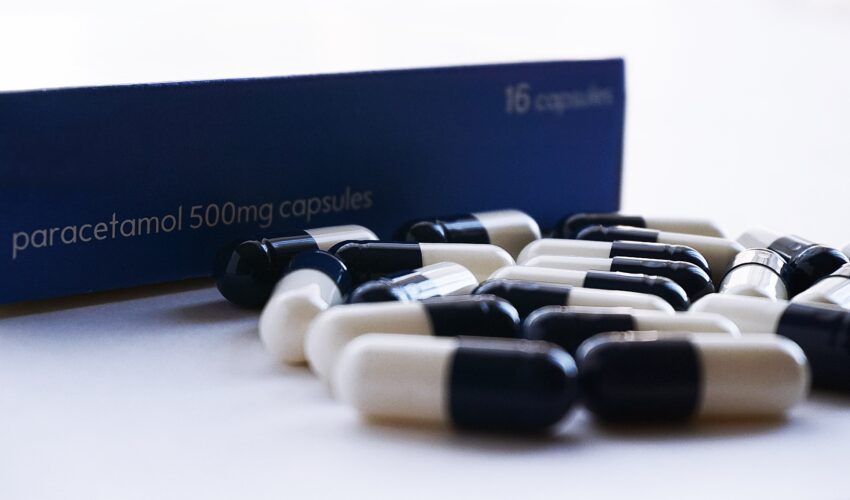
“Can I See My Pharmacist For That?” Learn When You Can See Your Pharmacist Before Going to Your GP
Although pharmacists aren’t able to diagnose an illness or prescribe medications, they are important members of any patient’s healthcare team. Pharmacists are often available sooner than a doctor, and there’s no need to make an appointment or pay for a copay to ask for their guidance. When can you see your pharmacist before going to…
-
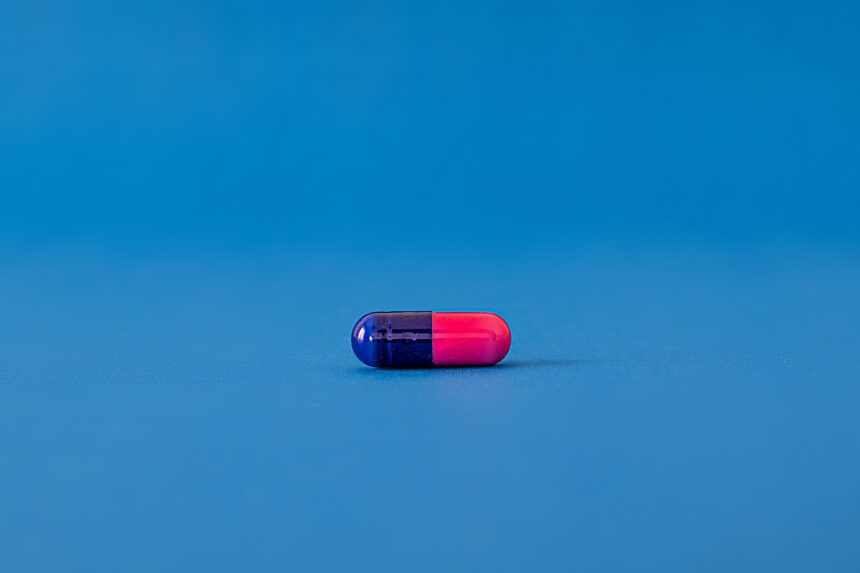
How to Spot Signs of a Medication Allergy: Learn the Difference Between a Side Effect and a Drug Allergy
A medication allergy occurs when the body’s immune system reacts to a drug as if it were harmful. The immune system protects the body from foreign harmful substances, like infectious bacteria and viruses. Sometimes, the body recognizes a substance as harmful when it is harmless–this is referred to as an allergy. Adverse drug reactions, also…
-

Things to Ask Your Pharmacist About Your Prescription
In 2019, approximately 3.8 billion prescriptions were filled at retail pharmacies across the US. But your pharmacist does more than just fill your prescription. Your pharmacist ensures your total safety when filling your prescription and they can answer any question you have about your medication. It’s a great idea for patients to build a good…
-

How Working With Your Pharmacist Can Help You Adhere to Your Treatment Plan and Improve Your Health
Treatment Non-adherence at a Glance50% of patients in developed countries don’t take their medications as prescribed. 20% to 30% of new prescriptions are never filled. Poor adherence causes 30% to 50% of treatment failures and 125,000 deaths per year in the US among patients diagnosed with a chronic disease. Patients diagnosed with chronic illness, like diabetes…
-

Prescription Medications and Nutrient Depletion: What’s the Connection?
Nutrients are vital substances the body obtains from foods and liquids for growth, development, and sustaining bodily functions. Sometimes, medications can interfere with the body’s nutrient balance and cause levels of certain nutrients to become too low. Taking medications short-term does not result in nutrient depletion. However, long-term maintenance medication regimens used to treat chronic…



